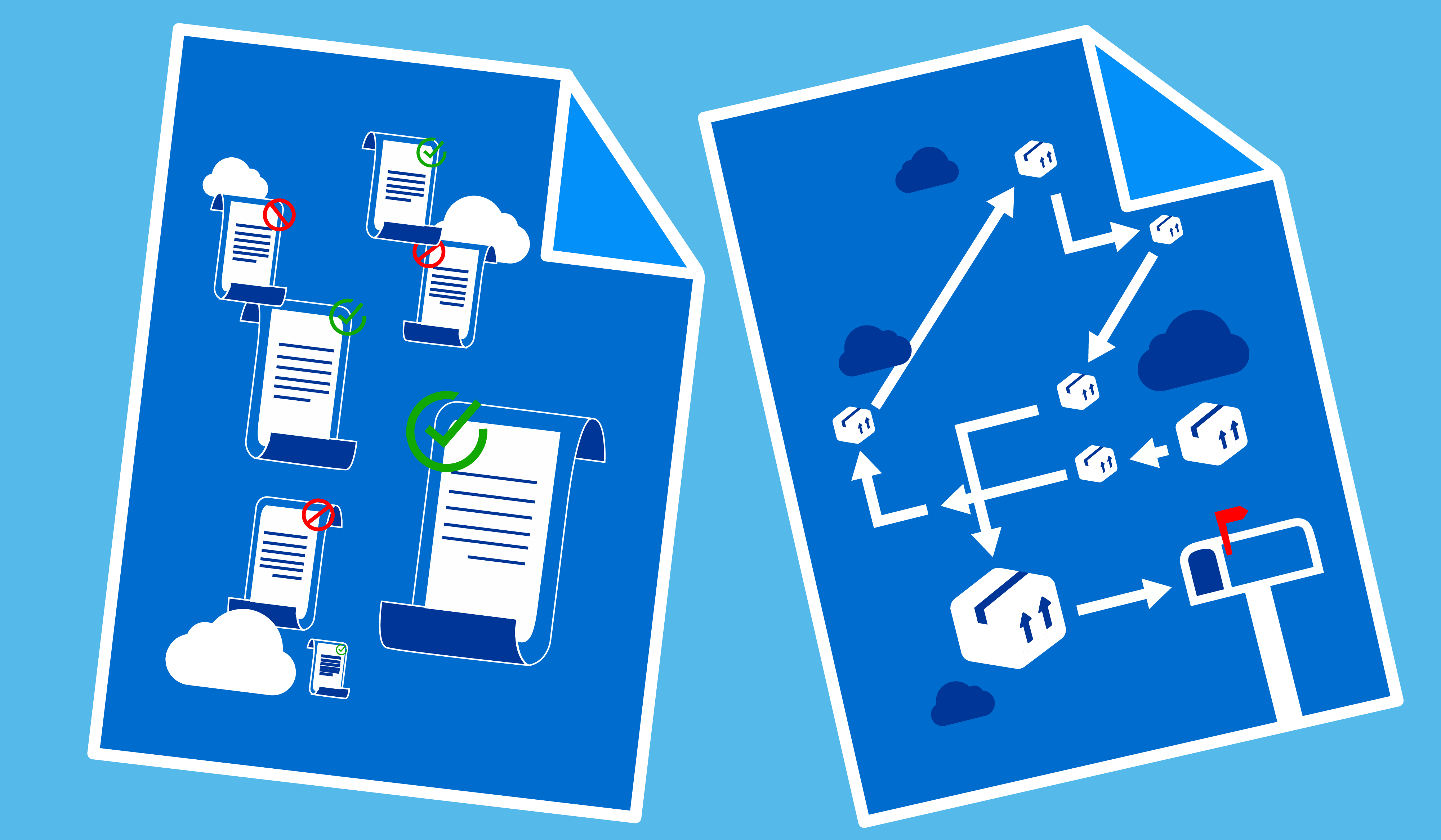Introduction to intellectual property
At Teezily, we are strongly committed to acting in full respect of third party’s intellectual property rights, and we expect our users to do the same.
As the laws and legal standards for this subject are very detailed and complex, especially for online content, we understand that applying them in the context of Teezily campaigns is not easy. Therefore, we hope that our summary below can provide fundamental knowledge to develop your understanding about Intellectual Property.
Trademark
A trademark is a recognisable symbol, design, word or expression legally registered or established by an individual or an organisation, and is related to products or services of that owner. Trademark not only represents ownership, but also allows customers to identify a business and gives them peace of mind about its quality. It is considered one of the biggest properties for a business and is therefore strictly protected. Trademark laws protect against exact copies, as well as modified versions which are similar enough to be confused and compared with the original in the mind of average consumers, who may think that the campaign is authorised, or initiated by the trademark owner.
Teezily users are prohibited to use trademarks unless they have an explicit permission from the owners for commercial use on Teezily. In this view, they are asked to provide the Teezily team with an authorisation before launching any campaign, otherwise it might be cancelled by Teezily. Any text or design that is close enough to make a direct reference to the trademarks are not allowed either.
Copyright
Copyright is a protection which belongs to any author of an original work, regardless of its quality and the medium used. This right grants exclusive rights for its use and distribution, without any need for registration. It means that a work has to be “original” to be protected, and it is understood as “new” and “bearing the author’s personality”.
Many people assume that online content, or content found on websites, is not subject to copyright laws and may be freely used and modified without permission. Others think that online content is not protected unless it carries a copyright notice. This is not true. Once someone publishes his work online, the law of copyright automatically applies and the publisher holds its ownership.
Teezily users are not allowed to use third party copyrighted work without a permission. But you can, of course, get inspiration from someone else’s work and ideas, as copyright is not intended to limit the sharing of ideas.When uploading your own original designs to Teezily, you are the copyright holder of them and you can claim it if you notice that they are infringed.
Author’s right: same as copyright, but adapted from a French word
Author’s right is a more common term in European countries than in the Anglo-Saxon system. An Author can be a writer, composer, artist, sculptor etc. With this right, an author can profit financially from his or her creation, and can authorise the reproduction of the work in any form.
For example, the writer doesn’t have to register his whole book, but using quotes or names that make direct reference to his work is already considered as infringement.
Personality rights
An individual has the right to control the commercial use of his or her name, image, signature, or other aspects of one’s identity. Therefore, you cannot create campaigns about someone without his or her permission.
The most common infringement in this field concerns famous people. Publishing their names and images in a commercial context is even more serious, as these elements are not only protected by image rights, even though there’s no image, but also and very frequently, their record company, agents, or whatever is applicable, are licenced, and often have the exclusive right for creating products related to the celebrity.
Useful websites
You can learn more about Intellectual Property with the following resources. All of them have FAQ sections and a search engine for easier research (unfortunately, there is no database for author’s right/copyright).
– https://www.inpi.fr: L’Institut national de la propriété industrielle – The French national institution of industrial property
– https://euipo.europa.eu/ : European Union Intellectual Property Office
– http://www.wipo.int : World Intellectual Property Organization website, and search engine for international trademarks.
– http://www.uspto.gov: United States Patent and Trademark Office
